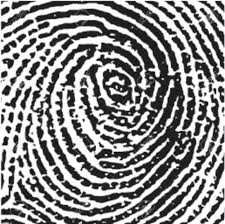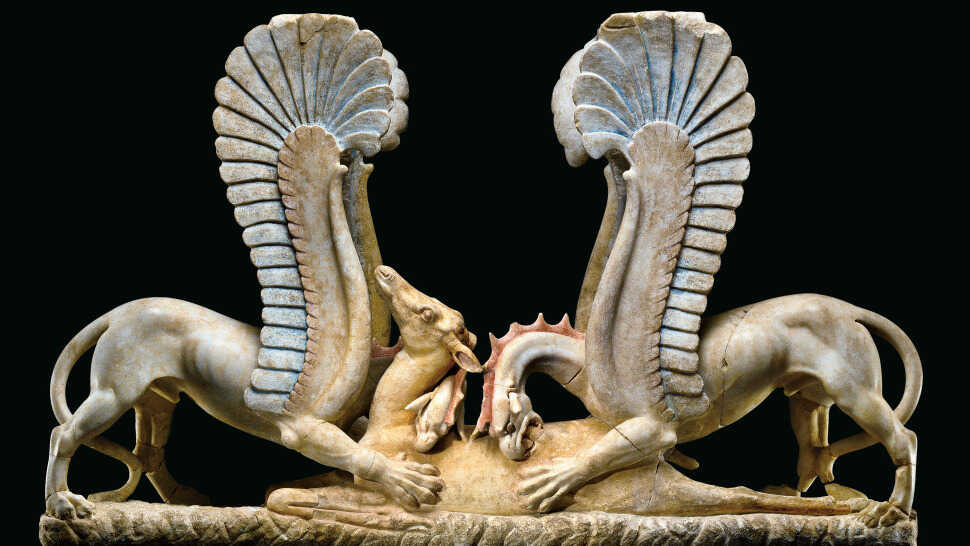Session Dates
Session I, Friday, 3 March 2023⋅7:00 – 8:30 pm CET (1:00 – 2:30 pm EST)
Session II, Friday 10 March 2023⋅7:00 – 8:30 pm CET (1:00 – 2:30 pm EST)
NOTE: Due to a malfunction in our course purchase software (that we are working on), if you would like to enroll in this course, please send as your email address to education@artcrimeresearch.org and we can manually invoice you for the course fee. Once your fee has been paid, we will send you a Zoom link for the first session.
Zoom links for the first scheduled session will be sent out to all registered participants within 48 hours of registration.
Course Description
Art will always attract criminals, not because they love it, but because there is a market for it. This 3-hour, 2 session, low participant-to-instructor ratio, eCourse will illustrate how stolen artefacts enter a complex network in which looters, middle-men buyers, distributors, auction-houses, and collectors, each varying in their motivations and opportunities, engage and or support the illicit art trade. This course will also touch upon how looted and stolen art can serve as a criminal currency for networks that support themselves on the proceeds of crime, including money laundering, drugs, arms, and even (on occasion) terrorism. This introductory course provides the rudimentary framework of the history of transnational cultural property crime, while underscoring this is not a victimless crime, or a crime that simply impacts the wealthy.
Key Concepts Covered include:
➣ What is meant by Organised Crime (OC) and Transnational Organised Crime (TOC).
➣ How Transnational Organised Crime has an intractable footprint in the glamorous world of art.
➣ Transnational crime actors: the self-perpetuating associations of individuals who operate, wholly or in part, by illegal means and irrespective of geography.
➣ A sampling of noteworthy cases, each chosen because it represents a trend, change, or category we are observing in transnational art and antiquities crime today.
At the course’s conclusion, participants will come away with a solid introductory understanding of the history and evolution of this oft-overlooked, sector off the crime world.
Instructors:
This course is taught by Lynda Albertson, the CEO of the Association for Research into Crimes Against Art who spearheads a variety of ARCA initiatives related to the protection of endangered cultural heritage, countering illicit trade, and providing methods and approaches to examine and address looting and trafficking.
What You’ll Learn
How transnational art crime differs from drugs and arms smuggling
About the lifecycle from theft to market
And how legislative vacuums allow traffickers to move the stolen items around the world, hiding in plain site.
How private collectors and museums sometimes contribute to the problem
Why some counties are at greater risk
We will examine cases illustrating how criminal actors exploit heritage vulnerabilities for profit.

